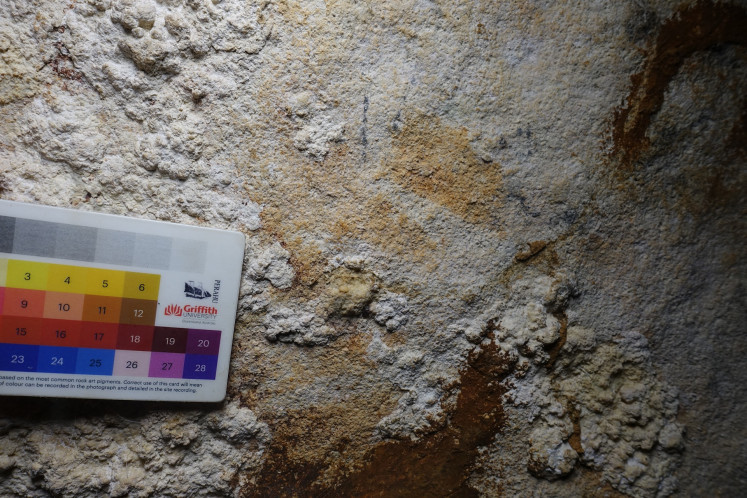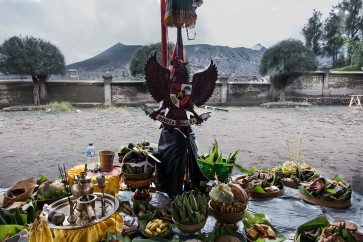Popular Reads
Top Results
Can't find what you're looking for?
View all search resultsPopular Reads
Top Results
Can't find what you're looking for?
View all search resultsPancasila, a religion-friendly ideology
In the secular system, therefore, which religion forms a minority or a majority is no longer relevant.
Change text size
Gift Premium Articles
to Anyone
A
head of the recently completed Jakarta gubernatorial run-off election, President Joko “Jokowi” Widodo appealed for politics and religion to be kept separate.
His statement reinvigorated the classical discussion over whether religion and the state are inseparable. Many say separation is possible since Indonesia’s current polity is closer to following the concept of a secular state than a theocratic one.
Yet many others forget that a national consensus chose Pancasila as the nation’s ideological foundation to avoid this country becoming a sharia-based state.
Divorcing religion from politics is a common practice in most administrations of religious societies, although religion remains a very important determinant affecting the relations of state and society.
As the country with the highest number of Christians in the world, the United States, for instance, has separated religion and politics since its foundation, but religious life flourishes. Theocracies are rare.
They include the Vatican, Iran, Saudi Arabia and Israel, which are based on respectively Catholic, Islamic and Jewish values.
Among the countries with a secular foundation for their political administrations are about 50 Muslim-dominated ones; their state policies never deny religious communities their right of worship.


















